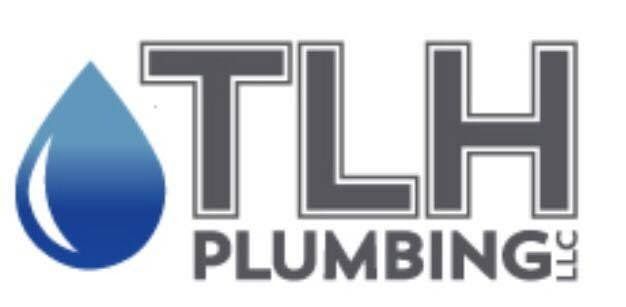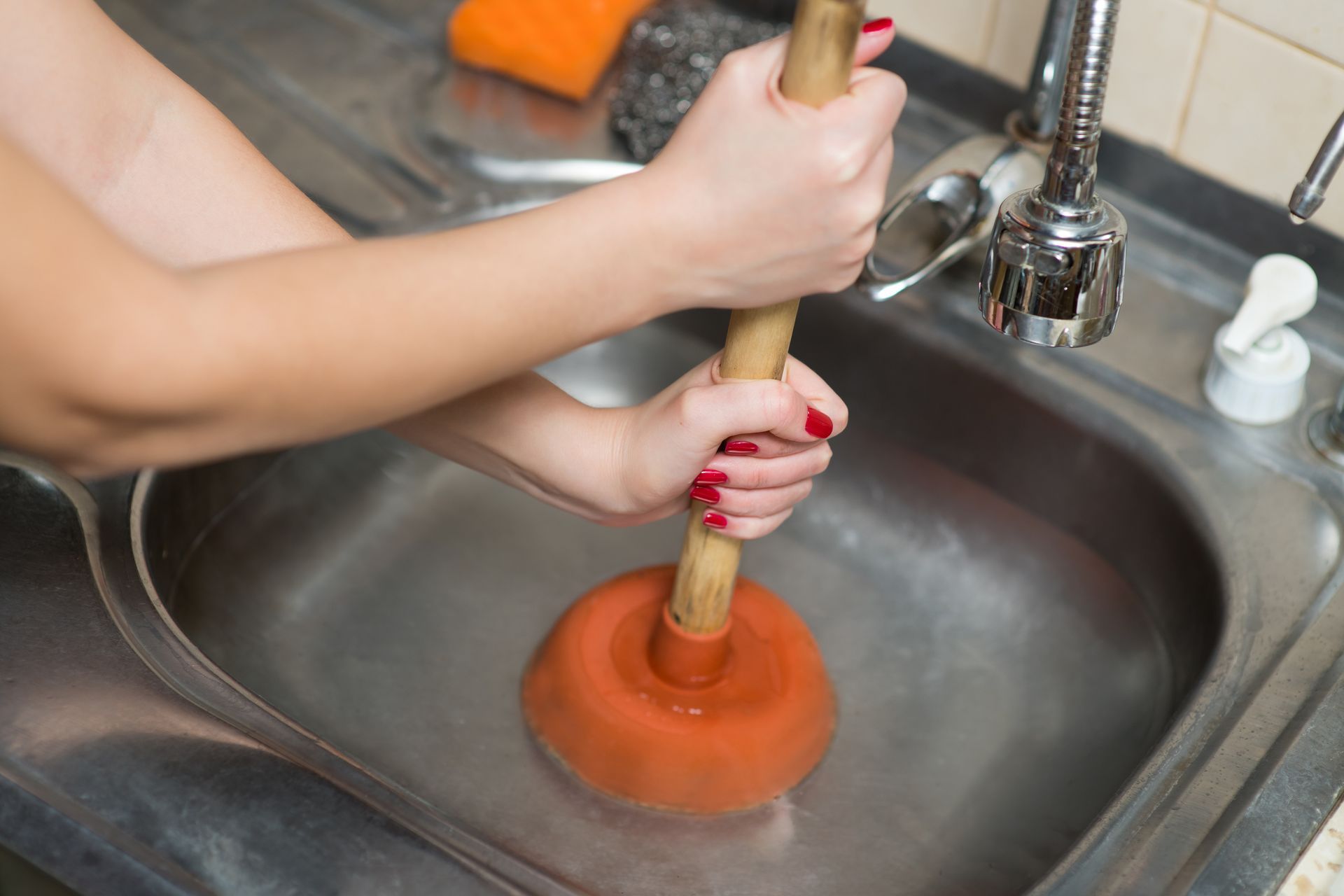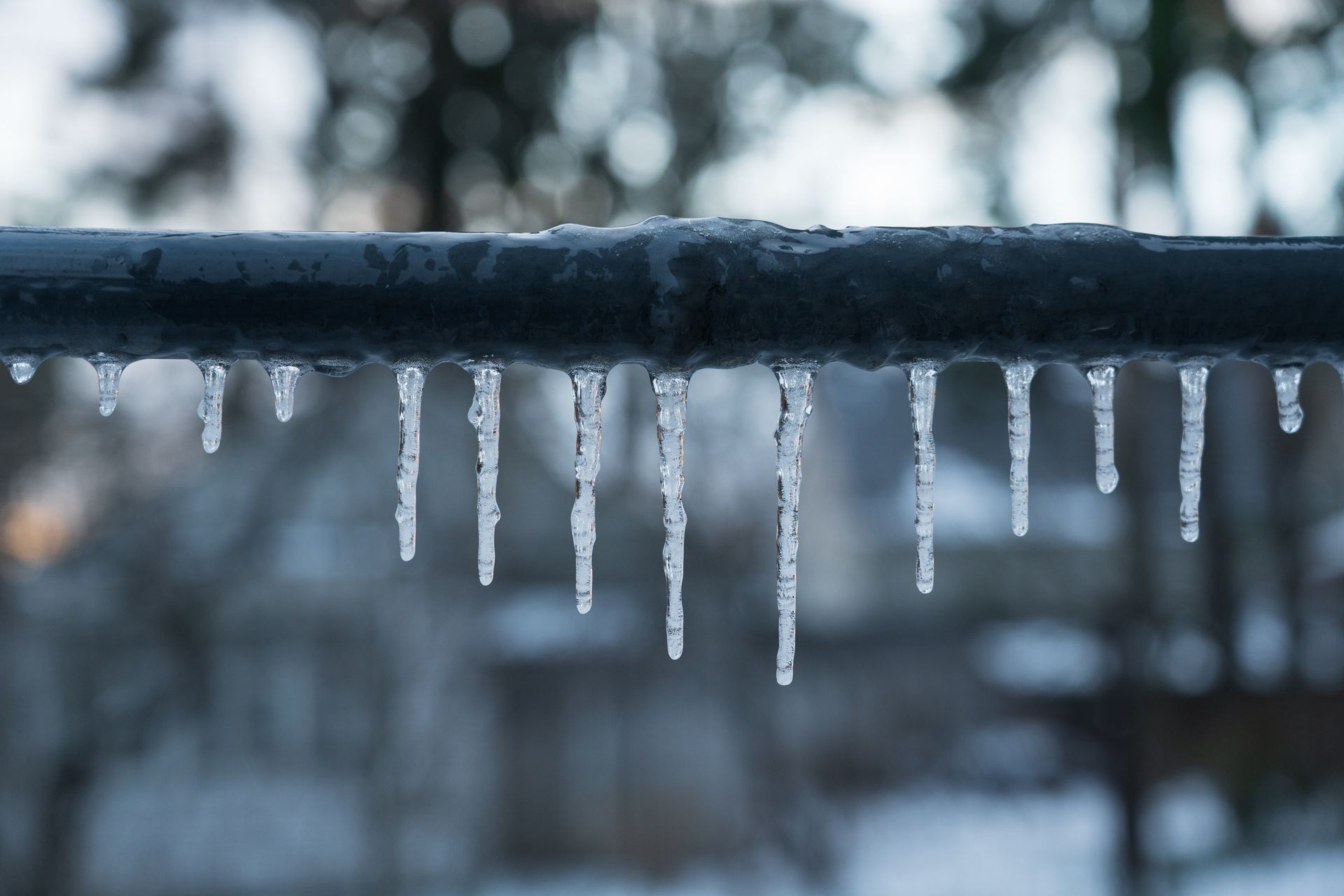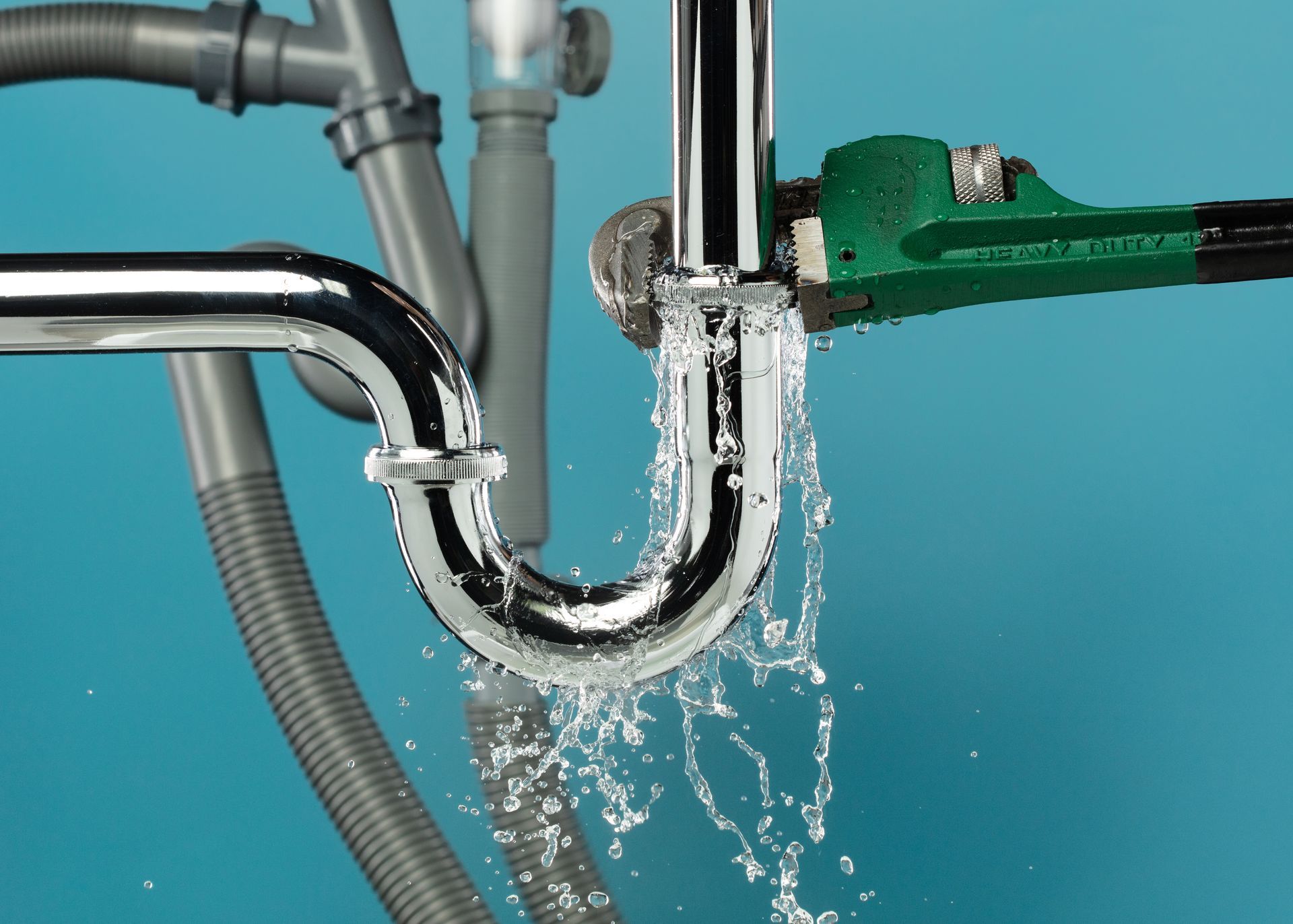Understanding the Causes of Low Water Pressure
Low water pressure can be an irritating and inconvenient issue for homeowners, impacting everything from taking a refreshing shower to efficiently watering your garden. Understanding the root causes of low water pressure is crucial in identifying the appropriate solutions and ensuring a smooth flow of water throughout your home. This blog post delves into the common causes of low water pressure and offers insights into potential fixes.
Common Causes of Low Water Pressure
Clogged Pipes
One of the most frequent causes of low water pressure is clogged pipes. Over time, mineral deposits, rust, and other debris can accumulate inside the pipes, restricting water flow. This build-up is especially common in older homes with galvanized steel or cast-iron pipes.
Leaks in the Plumbing System
Undetected leaks can significantly reduce water pressure. Leaks can occur in various parts of the plumbing system, including the main water line, joints, or fixtures. Even a small leak can cause a noticeable drop in pressure, and over time, this can lead to more significant water damage and higher utility bills.
Faulty Pressure Regulator
A pressure regulator, or pressure-reducing valve, controls the water pressure entering your home. If this device malfunctions, it can cause either very high or very low water pressure. Homeowners should regularly check and maintain their pressure regulators to ensure they function correctly.
Corroded Plumbing
Corrosion inside pipes, particularly in older homes, can lead to reduced water pressure. Corrosion causes the pipe diameter to narrow, limiting water flow. This issue is often found in homes with galvanized steel plumbing, which is prone to rust and corrosion over time.
Municipal Water Supply Issues
Sometimes, the cause of low water pressure is beyond your control. Problems with the municipal water supply, such as maintenance work, broken water mains, or high demand periods, can lead to reduced water pressure. In such cases, contacting your local water utility can provide information and potential solutions.
Water Meter Valve
The water meter valve is typically located near the water meter and controls the flow of water into your home. If this valve is not fully open, it can restrict water flow and result in low pressure. Homeowners should ensure that this valve is fully opened to maintain adequate water pressure.
Elevated Fixtures
Water pressure can vary depending on the height of the fixtures in relation to the main water source. Homes with multiple stories or elevated fixtures may experience lower water pressure on the upper floors. This is due to gravity, as water pressure decreases with height.
Shared Pipelines
If your home shares a water pipeline with neighboring properties, high usage from others can affect your water pressure. During peak usage times, such as mornings or evenings, you may notice a significant drop in pressure.
Solutions to Improve Water Pressure
Regular Maintenance
Regular maintenance of your plumbing system can help prevent many of the issues that lead to low water pressure. This includes routine checks for leaks, cleaning aerators and showerheads, and ensuring all valves are fully open.
Upgrading Plumbing
In older homes, upgrading from galvanized steel or cast-iron pipes to modern materials like copper or PEX can improve water flow and reduce the risk of corrosion.
Installing a Pressure Booster
For homes with persistent low water pressure, installing a pressure booster system can be a viable solution. A booster pump can increase water pressure and ensure a consistent flow throughout the home.
Checking with Local Water Utility
If you suspect that the issue lies with the municipal water supply, contact your local water utility. They can provide information on any ongoing issues and possible solutions to improve water pressure.
Low water pressure can stem from various sources, from simple clogs and leaks to more complex issues like corroded pipes and municipal supply problems. By understanding these causes and implementing the appropriate solutions, homeowners can ensure a steady and strong water flow in their homes. Regular maintenance and timely upgrades are key to preventing and resolving low water pressure issues, ensuring a comfortable and efficient water supply for all your needs.
For more information on plumbing maintenance and solutions, call us at (615) 708-5742 and we can provide tailored advice and services based on your specific situation!
Thanks for reading the TLH Plumbing Blog! Talk again soon!

